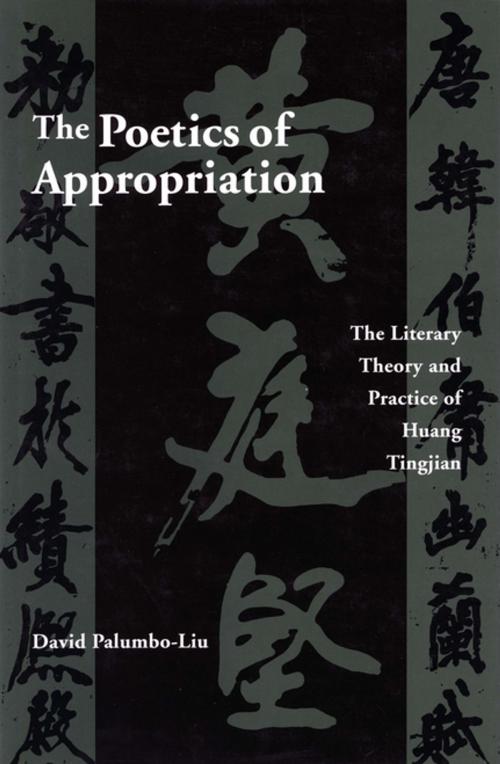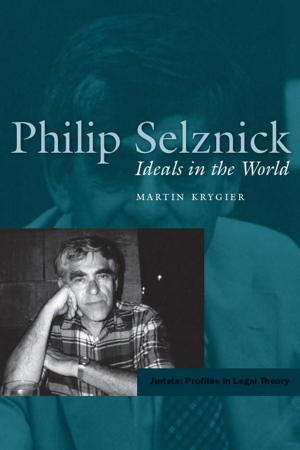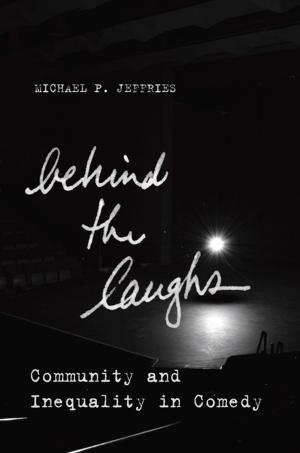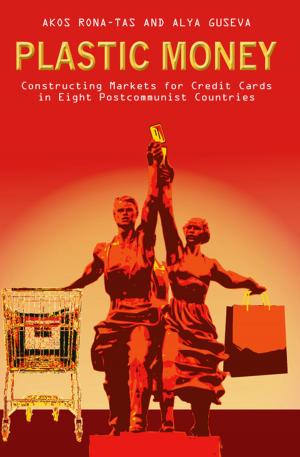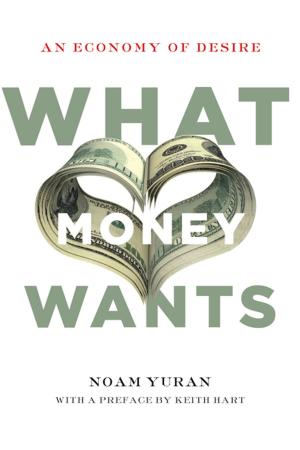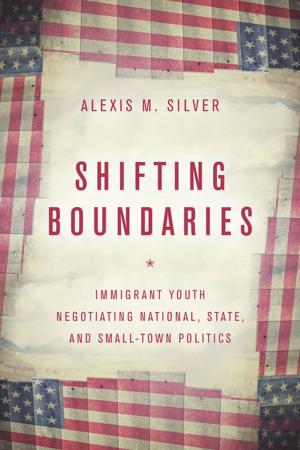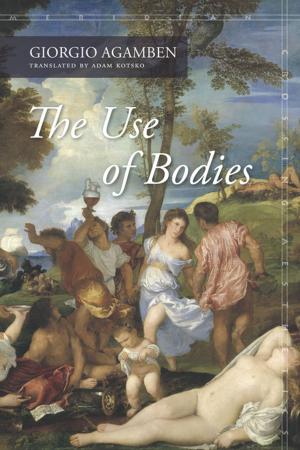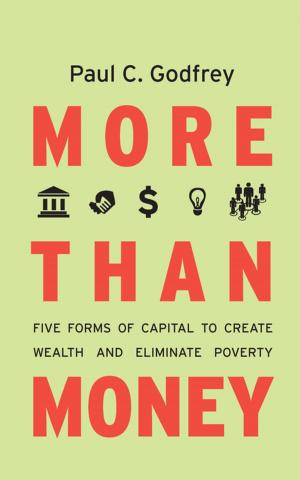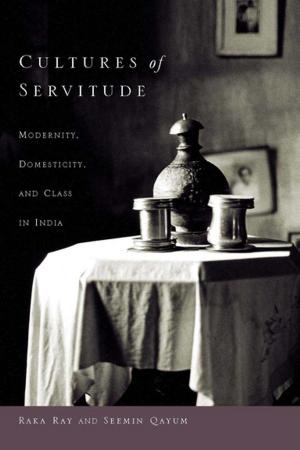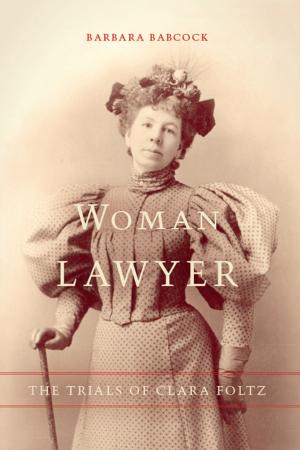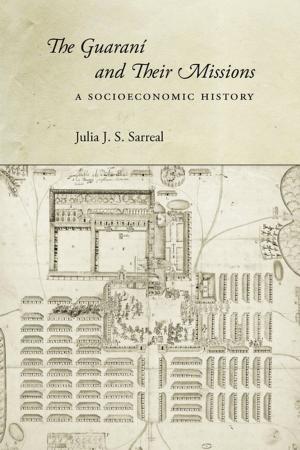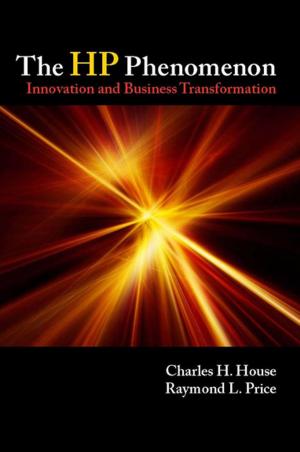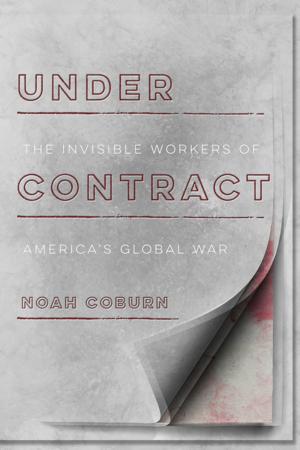The Poetics of Appropriation
The Literary Theory and Practice of Huang Tingjian
Fiction & Literature, Literary Theory & Criticism, Asian| Author: | David Palumbo-Liu | ISBN: | 9780804766500 |
| Publisher: | Stanford University Press | Publication: | September 1, 1993 |
| Imprint: | Stanford University Press | Language: | English |
| Author: | David Palumbo-Liu |
| ISBN: | 9780804766500 |
| Publisher: | Stanford University Press |
| Publication: | September 1, 1993 |
| Imprint: | Stanford University Press |
| Language: | English |
The poets of the Northern Song dynasty (960-1126) were writing after what was then and still is acknowledged to be the Golden Age of Chinese poetry, the Tang dynasty (618-907). This study examines how these Song poets responded to their uncomfortable proximity to such impressive predecessors and reveals how their response shaped their literary art. The author's focus is on the poetic theory and practice of the poet Huang Tingjian (1045-1105). This first full-length study in English of one of the most difficult and complex poets of the classical Chinese tradition aims to provide the background for understanding better why Huang was so greatly admired, especially by the outstanding literati of his age, and why later scholars claim Huang is the characteristic Northern Song poet. The author concludes by considering how Huang's literary project resembles, but ultimately differs from, Western literary theories of influence and intertextuality.
The poets of the Northern Song dynasty (960-1126) were writing after what was then and still is acknowledged to be the Golden Age of Chinese poetry, the Tang dynasty (618-907). This study examines how these Song poets responded to their uncomfortable proximity to such impressive predecessors and reveals how their response shaped their literary art. The author's focus is on the poetic theory and practice of the poet Huang Tingjian (1045-1105). This first full-length study in English of one of the most difficult and complex poets of the classical Chinese tradition aims to provide the background for understanding better why Huang was so greatly admired, especially by the outstanding literati of his age, and why later scholars claim Huang is the characteristic Northern Song poet. The author concludes by considering how Huang's literary project resembles, but ultimately differs from, Western literary theories of influence and intertextuality.
